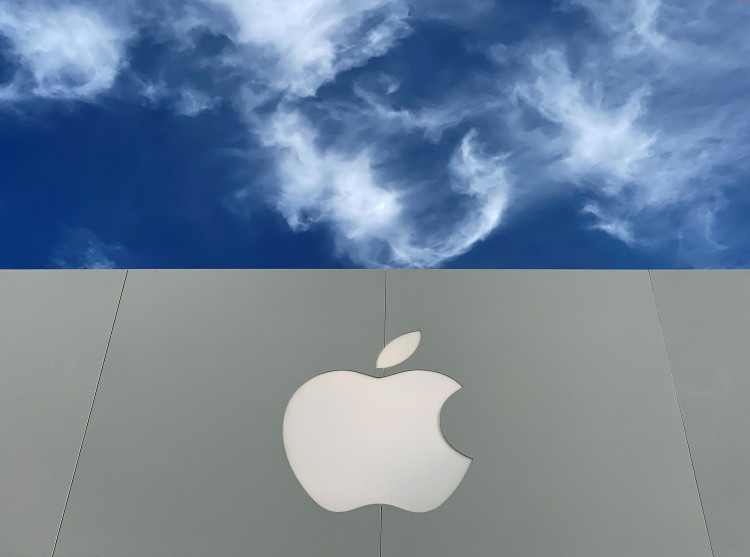A previous Apple Store Genius has filed a case against the Cupertino tech giant Apple for failing to provide legally obligated adequate facilities to let him work with his disability. Former Apple employee Robert Shaw claims he was promised that the store he worked at would have automatic doors and a 'special' table to cater to his wheelchair. But, it seems that these things did not happen to the degree reportedly promised.
In a recent report by Patently Apple, the 33 years old previous Apple Store Genius employee is in a wheelchair his whole life. In March 2011, Shaw joined Apple to work in its retail stores. He first worked at the company's Square One store located in Mississauga, Canada.
After six years with the store, he was moved to Sherway Gardens Apple Store in Toronto. According to Shaw, he was told that the company would outfit the store in Toronto, specifically the Sherway gardens Apple Store with a table that could accommodate his wheelchair and automatic doors for his arrival. But, these things did not materialize.
After working in the Apple Store for four months, he began experiencing numbness and soreness in both arms and hands because he has to work with high tables and not on the promised 'special' table. Allegedly, Shaw was not provided with a lower table. In fairness to the store, it did install three automatic doors.
However, the problem is it did not install a button that can be used to open them. Shaw was instead given a remote control to operate the 'automatic' doors. The problem was, the remote control allegedly failed on a regular basis.
The rest of the doors were not converted into automatic ones allegedly because of cost. The former Apple Store employee also claims that the senior manager at the store told him that he would not be promoted if he was not happy in his role. Shaw is currently suing Apple for damages and lost wages.
Toronto employment lawyer Andrew Monkhouse, who represents Shaw, stated that:
On its company website, Apple proudly displays its work on accessibility technology. Apple has also used their work on accessibility in its marketing materials. The company has received awards and a great deal of positive press for its efforts in accessibility technology. Yet, these accusations seem to indicate that the company does not appear to be practicing what it preaches in its own retail stores.
The case claims that Apple did not comply with the Accessibility for Ontarians with Disabilities Act (AODA) of Ontario. Additionally, it states that under the Ontario Human Rights Code, the constructive dismissal of Shaw constitutes discriminatory conduct.






